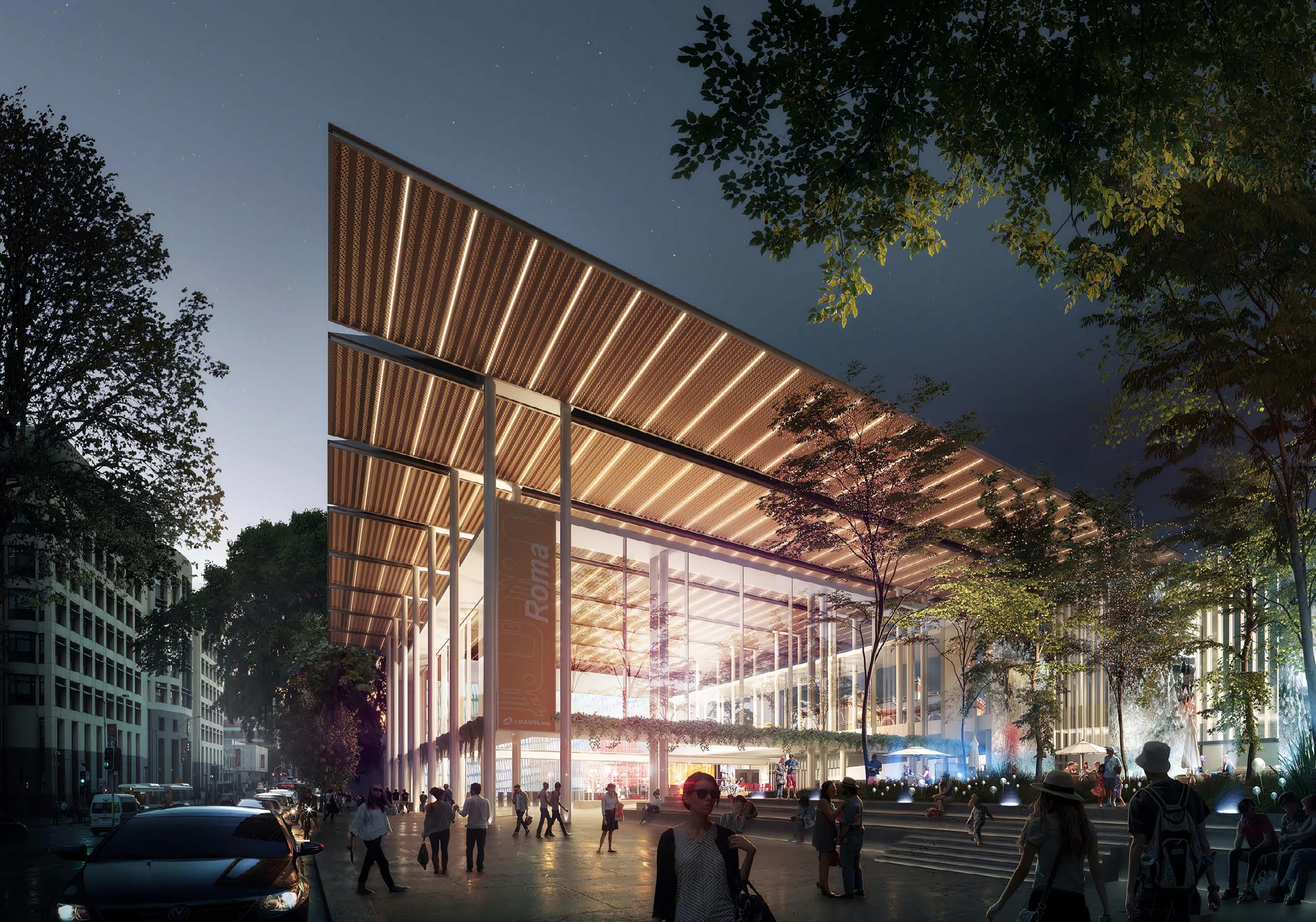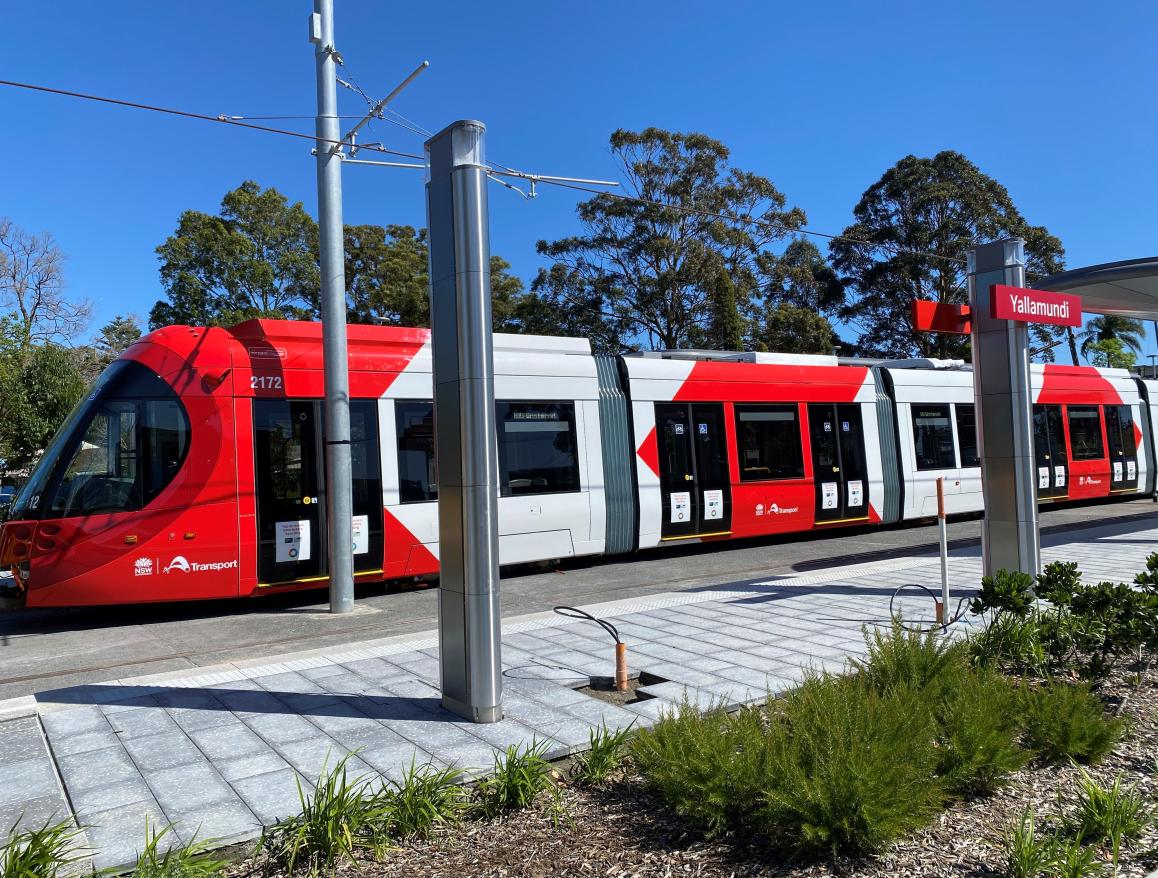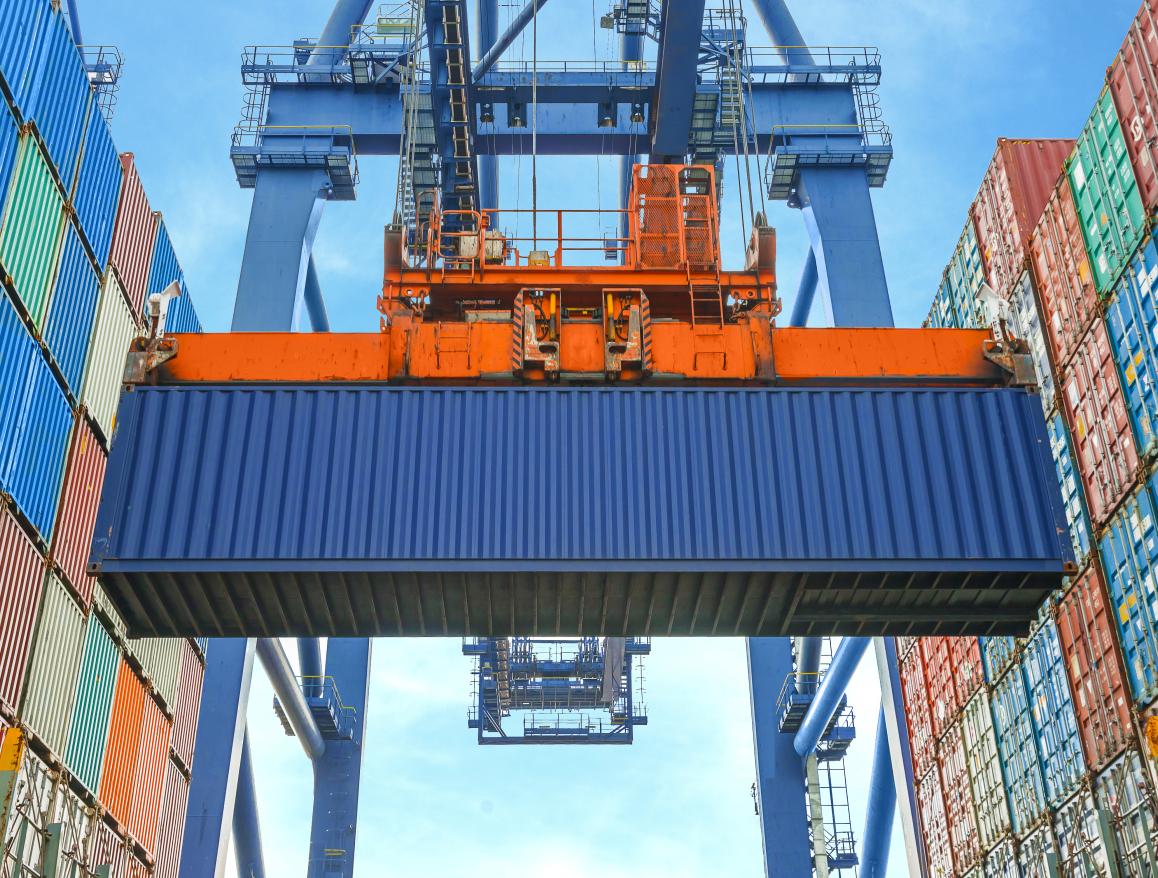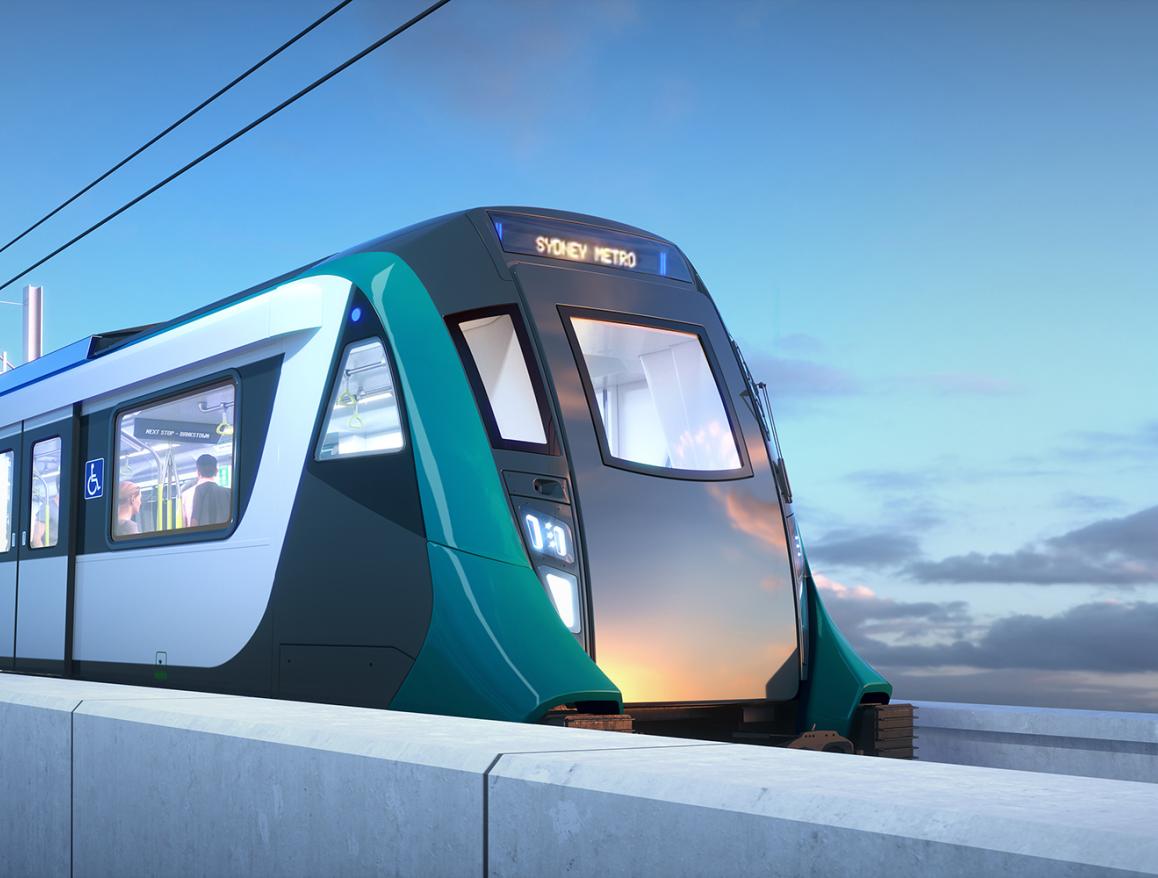Transforming public transport in and around Brisbane.
The Cross River Rail is a major rail network that aims to solve the capacity bottleneck occurring at existing stations between Bowen Hills and Merivale Bridge in Brisbane’s CBD. The rapidly growing population of South East Queensland is forecast to rise from 3.8 million to 4.9 million by 2036, with 45% of estimated job growth concentrated in the Brisbane metropolitan area.
To counter the future needs of transport in Brisbane’s CBD, the Cross River Rail project adds a second river crossing and a new CBD route from Boggo Road to Albert St, Roma Street and then up to Exhibition. The project is closely integrated with the new Brisbane Metro 1 and 2 busways and will enable “turn up and go” services for the entire region, particularly between Ipswich and Brisbane.
Construction includes a new 10.2km rail line that will run from Dutton Park to Bowen Hill and 5.9km of twin underground tunnels below the Brisbane River and CBD. The project features the construction of four new state-of-the-art underground stations at Boggo Road, Woolloongabba, Albert Street, and Roma Street, and the redevelopment of the Dutton Park and Exhibition Stations.
The APP Group was appointed to deliver Independent Certification services across each of the Design and Construction packages. We were also engaged to assist with the implementation of a new European Train Control System (ETCS). The role covered testing and commissioning input for the procurement of the ETCS package, developing the strategy and plans for the ETCS with the supplier, managing the delivery of the testing and commissioning phase, and interfacing the strategy into the client's existing processes and procedures.
In addition, The APP Group provided project and interface management capabilities to the existing project team, streamlining collaboration between alliance partners, and delivering significant reductions to program and expenditure including key improvements to the asset reuse strategy.
Tunnelling for the project was completed in 2021 with the new line scheduled to be operational by 2026.





